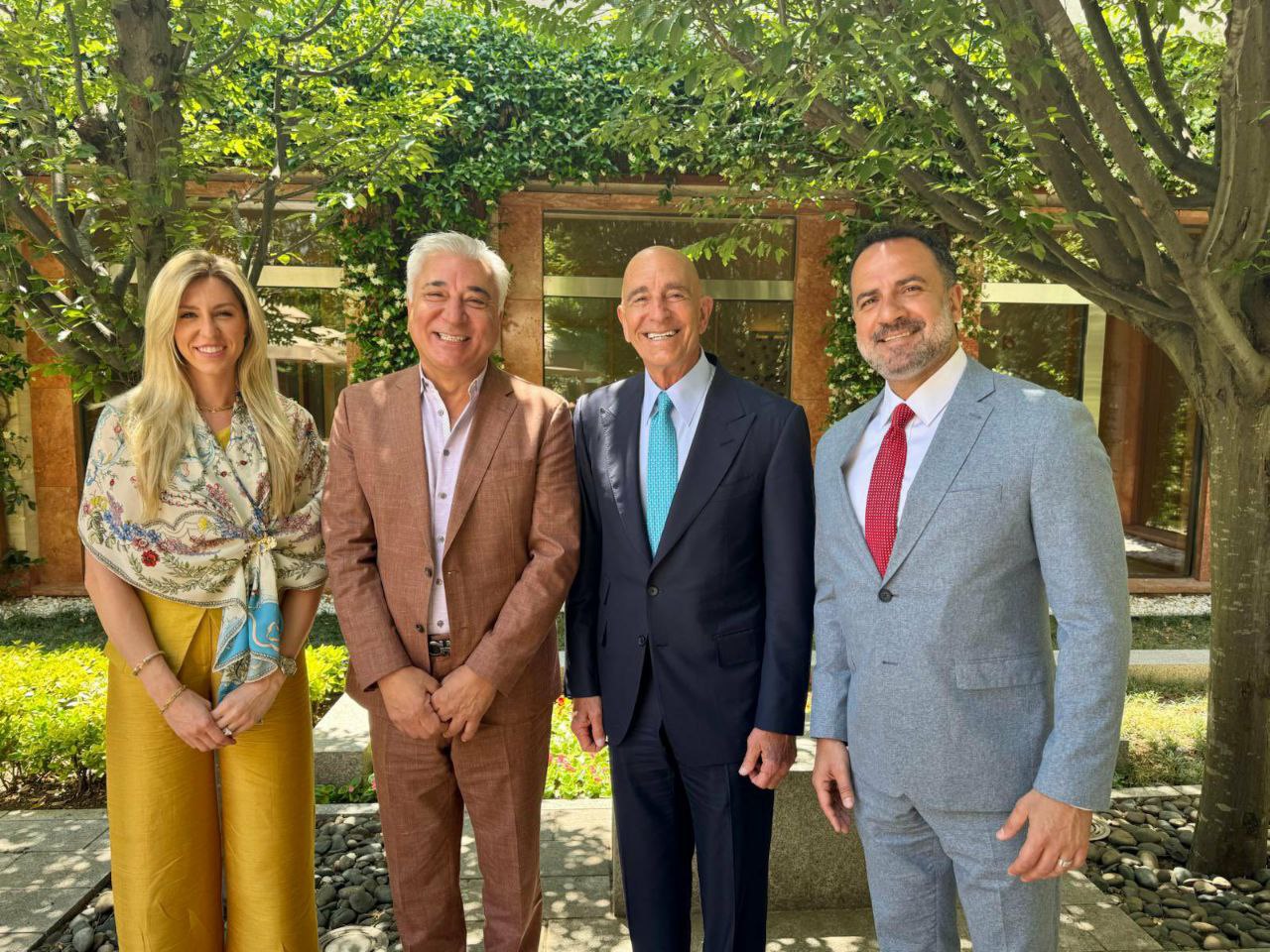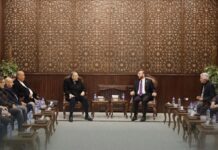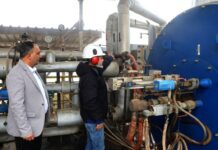
Reconstruction efforts in Syria are accelerating with renewed international participation and major development initiatives targeting the country’s battered infrastructure, particularly in telecommunications and energy.
Special Envoy to Syria Tom Barak confirmed this week that the lifting of sanctions has cleared the path for the return of Syrian-American companies. “Syrian-American companies are returning to the country after the president ordered the lifting of sanctions,” Barak posted June 18 on the X platform. He highlighted the strategic importance of restoring telecommunications networks, describing them as essential to helping Syrians reconnect with their cultural heritage and economic potential.
Telecommunications and Technology
Among the returning firms is Tecore Networks, a wireless infrastructure company founded by Syrian-American entrepreneur Jihad Salqini. Tecore previously operated in northern Syria and played a key role in deploying 4G and 5G services. Salqini, who also chairs FSN Telecom, said these efforts are laying the foundation for “a modern communications future in Syria.” Both companies are expected to contribute significantly to the ongoing Ugarit 2 and BarqNet digital infrastructure projects led by Syria’s Ministry of Communications and Information Technology.
The BarqNet initiative, which will deliver fiber-optic connections directly to homes and businesses, aims to reach 85% of Syrian households by the end of 2025. According to the ministry, implementation will proceed through public-private partnerships, using equipment from global suppliers and Syrian contractors for cable installation.
Energy and Electricity Investments
Beyond the tech sector, global development institutions are also signaling renewed interest. Abdulhamid al-Khalifa, director general of the OPEC Fund for International Development, said the fund is preparing to re-engage in Syria after suspending operations in 2011. Speaking to Economy of the East, Khalifa emphasized the fund’s historical ties to Syria’s private sector and noted discussions are underway with Syrian officials about returning support, particularly in energy and electricity projects.
The International Monetary Fund (IMF) also underscored the urgent need for sustained financial assistance. In a June 10 statement, the IMF called for “concessional financial support and capacity development assistance” to help Syrian authorities stabilize the economy and rebuild critical institutions.
Syria’s Finance Minister Muhammad Barniyeh confirmed that a $146 million World Bank grant is under review, aimed at repairing power transmission lines connecting Syria with Jordan and Turkey. “We sensed real interest from OPEC and the IMF in helping Syria rebuild,” Barniyeh said, stressing the ministry’s plan to maximize all available international grants in coordination with domestic agencies.
International Business Partnerships
Efforts to bridge the business gap between Syria and the US are also taking shape. The newly launched US-Syria Business Council, backed by the Syrian Ministry of Economy and based in Washington, DC, aims to facilitate bilateral trade and investment. The council’s statement described the initiative as “an effective platform for economic cooperation,” following a meeting between President Ahmad al-Shara and former President Donald Trump.
With new partnerships forming and key sectors targeted for revitalization, Syria’s path to economic recovery appears to be entering a pivotal phase. The extent and sustainability of this progress will depend heavily on continued coordination, foreign investment, and institutional rebuilding.








